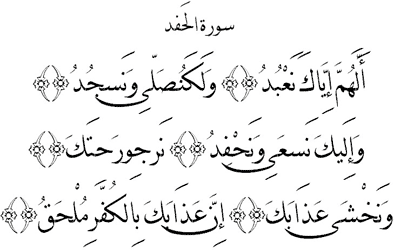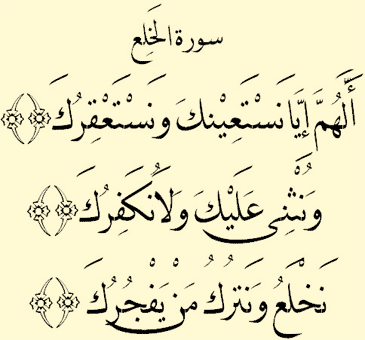Mark 16 – in the original?
Mark 16:9-20—”How can the Bible be reliable when this passage wasn’t in the earliest manuscripts?”
Some critics of the Injīl point to passages like John 8:1-11 to “prove” that it has grave defects, since a few of the ancient Greek manuscripts do not include this passage. We have many reasons to believe that Mark 16:9-20 was part of Mark’s gospel, for it is included in many early manuscripts and referred to by Irenaeus (d.200). The passage forms a natural conclusion to the otherwise abrupt ending of this gospel. It is also important to put Mark 16:9-20 and John 8:1-11 in proper perspective—these two theologically insignificant passages are the only such portions of scripture which are under any major question, representing a tiny 0.0007% of scripture.
The same critics often ignore the fact that the Qur’ān has very similar questionable passages. The Prophet honored Ibn Masood as the foremost Qur’ānic reciter:
Muhammad (pbuh) said, “Learn the Qur’ān from four: from Abdullah Ibn Masood, Salim, the freed slave of Abu Hudhaifa, Mu’dah bin Jabal, and Ubai bin Ka’b.” ( Sahih al-Bukhari , vol. 5, p.96.).
This same Ibn Masood did not include Sura Fatihah, Al-Falaq or An-Nas as part of the Qur’ān. On the other hand, Ubayy’s copy included the following two extra suras in the Qur’ān , Sura al-Hafd and Sura Al-Khal’ :


According to Abdal Malik b. Marwan, Ali Ibn Abi Talib included a sura known as al-Khafdh in his copy of the Qur’ān , a sura which doesn’t exist in Qur’āns today.1 Some Shi’a scholars accuse Uthmān of leaving out two whole chapters, Wilayah and Nurain. This must be why Abdullah Ibn Umar (died 693) said, “Let no man say, ‘I have learned the whole of the Qur’ān !’ How can he have learned the whole of it when much of it has been lost? Let him say, ‘I have learned what is extant of it’.” (Jalaluddin Suyuti, Al-Itqan fi Ulum al-Qur’ān , Lahore: Idarah Islamiat, 1982, Vol. 1, p.524.)
If these difficult questions do not disqualify the Qur’ān as God’s Eternal Word, neither do the questions about passages in the Injīl. However, we must be honest and open, not covering up the complicated issues behind revelation of scripture, but seeking to understand accurately how God reveals his Word.
- Suyuti, Al-Itqan fi Ulum al-Qur’ān , Vol. 1, p.153, 186.

put these are the part of isha prayer
so there is no issue
but mark i6 is the entire chapter which was missing